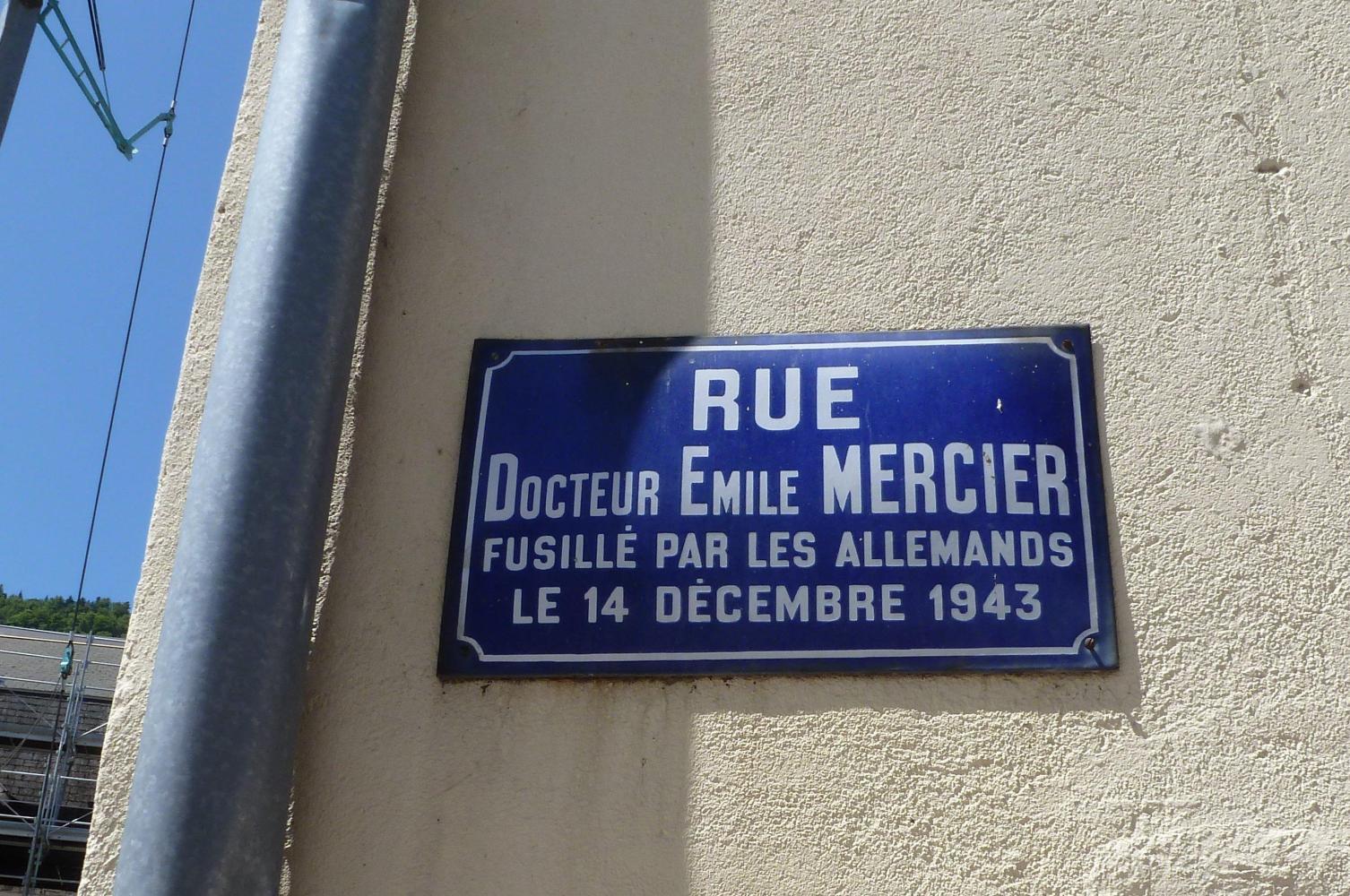July 15, 2012
Things for small minds to ponder: Higher Thinking
I'VE BEEN doing it again—-thinking.
There’s always a danger in me thinking higher level thoughts. It’s not natural. But there are times when I just can’t help but try.
While riding across America, Leo and Steph noticed all of the U.S. flags in front of houses and businesses. It stood out because flag flying isn’t so popular in Europe. Me, on the other hand, I barely notice U.S. flags until someone mentions it. I'm used to it.
So it was with me in France. I’m talking about the roadside memorials to French peopled killed in the war. Not so much the “armies,” or larger forces, but the civilians and/or resistance fighters. And when I say “The War”, I mean World War II. They didn't notice them as much, but they stood out to me.
My attempt at higher thinking started on our last day in France, when we stumbled across the scene of a large site where French resistance fighters held off a much larger, and better equipped, German army.
But what struck me more were all of the little road side memorials in little towns and along quiet, out of the way, country roads. Last year I could only guess at what they meant, but this year I had translators.
“This man was shot” or “These two were deported and sent to a concentration camp where they died,” Leo and Steph said, reading the plaques.
I assume the memorials are placed at the spot of the event, like the little memorials you see on our roads, when someone is killed in a traffic accident.
I saw one right near the Swiss border, and wondered what it was like to be Swiss back then? The world was imploding around them and they were in a safe zone. Could they hear the fighting on the other side of the invisible line that separated them from it? Could they hear that one shot that killed whoever it was that now has a road side memorial in their name?
In the Toulouse train station I saw a memorial to people killed in 3 wars. From what I could tell on my own, it was just of people who worked for the railroad in this region, or maybe just Toulouse, I’m not sure? But either way, it is remarkable the number of names that are listed for WWI compared to WWII. Leo once told me that it wasn’t until 1959 that the male population of France recovered to the level it was in 1914, before the first world war. “There were very few men around who could even fight in world war II, “ he told me. “A whole generation was wiped out.”
And this isn’t meant to point fingers, or place blame, or cause controversy. France is a friend to Germany now, just like the United States is.
I supposed I could take it to the next level, and wonder if the French opposition to recent wars had a direct correlation to what they experienced in person, on their home soil, in a time when some of the participants are still alive to remember and talk about it. But that would put my brain on a level close to higher thinking, and nobody wants that. So that’s not it.
No. It’s just something I noticed. And I thought it worth mentioning.

| Heart | 1 | Comment | 0 | Link |

| Heart | 0 | Comment | 0 | Link |

| Heart | 0 | Comment | 0 | Link |

| Heart | 0 | Comment | 0 | Link |

| Heart | 1 | Comment | 0 | Link |
| Rate this entry's writing | Heart | 3 |
| Comment on this entry | Comment | 0 |





